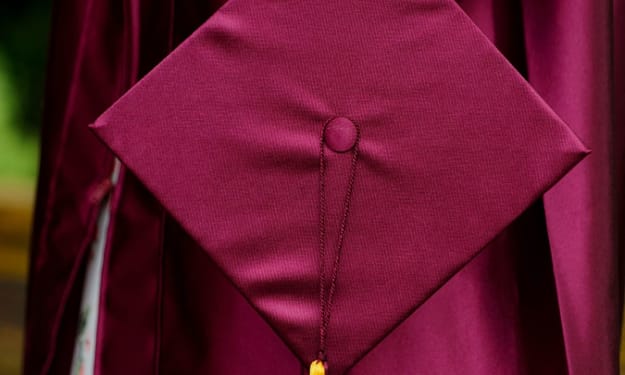
While some may argue that you can’t put a price on a good education, many of today’s graduates face the grueling task of paying the student loans within a reasonable time frame. However, if you’re feeling overwhelmed by student loan debt, there are a few ways to pay off student loans fast:
Make additional payments
If you can afford it, make larger payments to cut the principal more quickly. By diminishing the principal balance, you’re minimizing the duration of the loan period and the interest accrued.
For instance, a $25,000 student loan with an interest rate of 6.8 percent and a 10-year payback period would cost $288 a month. Paying $700 a month instead of $288 enables the borrower to repay the loan in just over three years.
Another strategy is adding payments and sending in checks every two weeks rather than monthly. Just be sure to advise your loan servicer to apply your extra payment to your principal balance, rather than placing your account in a paid ahead status. This will allow you to pay down your principal balance more quickly, and save money on interest. Making larger payments will help you cut through the principal more quickly, which will allow you to pay off student loans fast.
To realistically determine how large your loan payments can be, consult your budget and see where you may be able to reduce spending to accommodate larger loan payments.
Establish a college repayment fund
Another great approach to pay off student loans fast is placing your money into an account you can’t easily draw from with the swipe of a card. Having money moved automatically into savings is effective because it’s forced. It enables people to set aside money to grow what otherwise would be spent on clothes or dining out.
Just make sure to set up an account that will be used only for paying back your college debt. Don’t use the savings accounts you already have, because you might use that money for something other than your student loan. Compare savings accounts and put your money in an account with a higher yield to maximize your savings.
Start early with a part-time job in college
Getting a part-time job while attending college is one way to keep college debt in check because it generates money you can use to pay off student loans fast.
If you’re able to take up a part-time job that allows you to put away $500 a month. In a year, that’s $6,000 you can put toward paying off student loans. If you’re able to properly manage your coursework and a part-time job, a job can allow you to create a student loan savings account.
Check your school’s resources or career center to see if they are hiring for any on-campus jobs. Typically, on-campus jobs are more understanding of unusual or busy class schedules.
Stick to a budget
Not knowing how to manage finances properly can prevent students from paying off their loans quickly and, as a result, delay more fulfilling life investments. By carefully planning and fully understanding your monthly cash flow, you can make some necessary sacrifices and avoid falling off the budgetary wagon.
If you’re trying to pay off student loans fast, one of the best ways to reach your goal is to develop a budget. If you are able to meet a savings goal each month by sticking to a budget, you can use this money saved to pay down your student loans. Your financial health and spending habits can greatly impact your ability to pay off student loans fast, be diligent about sticking to a budget during your repayment period.
Consider refinancing
If you’re not sure how to pay off student loans fast or if it doesn’t seem feasible, you may be paying too much interest.
That’s where you might consider refinancing your loan into a better rate or a shorter repayment period. While refinancing federal loans with a private lender will cause you to lose some federal benefits, it could make paying off your loans more achievable.
Remember, however, that timing is key. Your credit score is typically going to be at its lowest immediately after graduation, which generally means that the interest rates you’re offered will be higher.
It takes a few years of repaying your debts responsibly, by the due date, for your credit scores to improve. You also need to have a steady job. Shop around for the loans with the best rates. The best advertised rate is not necessarily the rate you will be offered, so you may need to apply for several loans to see which lender gives you a better deal that will help you save money in the long run. Get in touch with UniCreds to get the best deals on education loans with a hassle-free process.





Comments
There are no comments for this story
Be the first to respond and start the conversation.